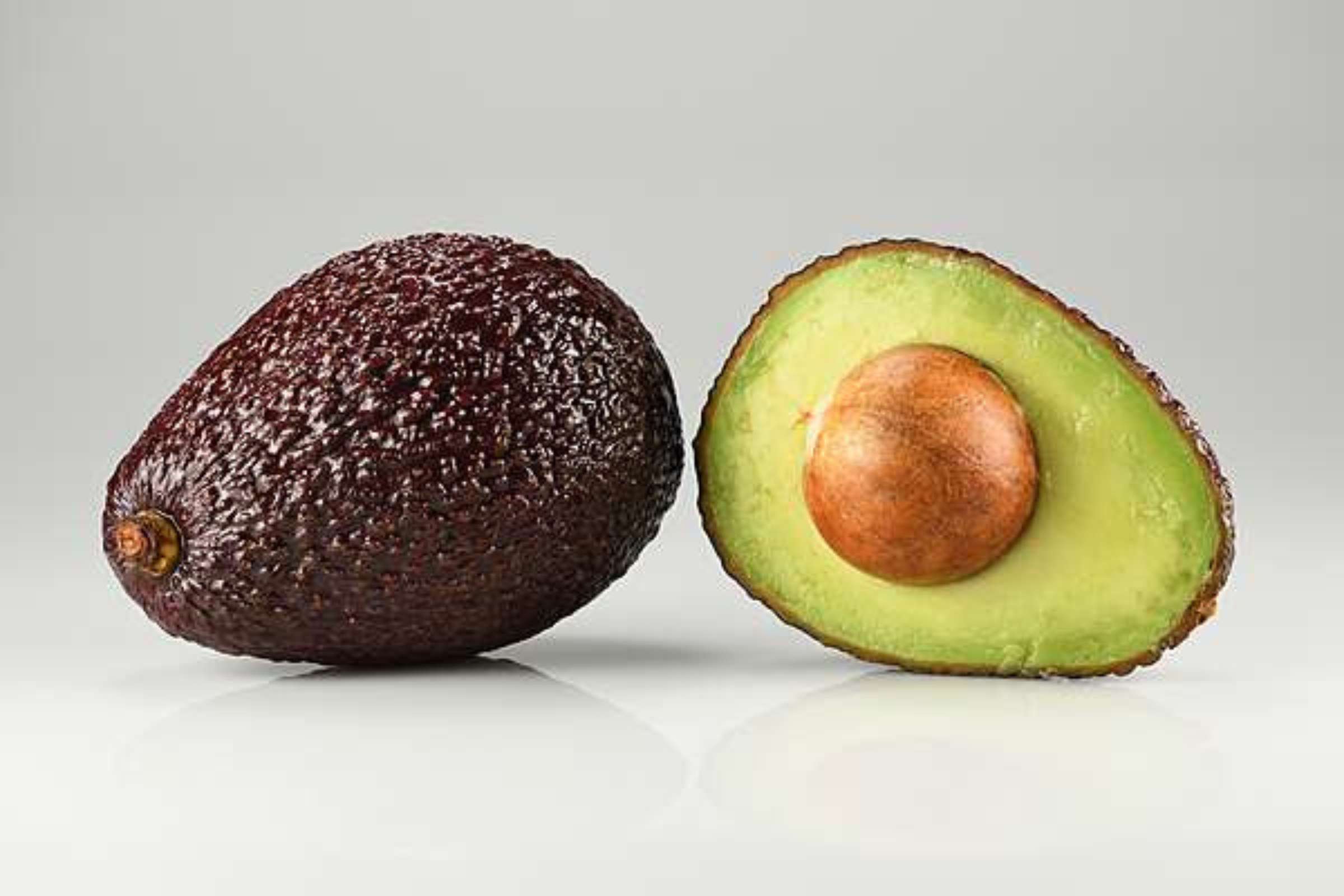

A new international study challenges the widely held belief that vegetarianism is primarily rooted in compassion. Instead, the findings suggest that vegetarians may be more driven by ambition, self-expression, and independence than their meat-eating peers.
Psychologist John B. Nezlek, from SWPS University in Poland and the College of William & Mary in the United States, led the research. The study looked at how basic human values differ between vegetarians and non-vegetarians and was published in PLOS ONE. It used Schwartz’s well-known model of human values as a framework.
Researchers analyzed data from three survey samples: one in the United States and two in Poland. In total, 3,792 adults participated in the study, including 883 vegetarians. Participants self-identified their dietary habits and gender before completing a questionnaire designed to measure core personal values.
The study focused on ten value categories: universalism, benevolence, conformity, tradition, security, self-direction, stimulation, hedonism, achievement, and power.
Vegetarians included those who identified as vegan, plant-based, lacto-vegetarian, or lacto-ovo-vegetarian. In one Polish group, occasional meat- and fish-eaters were excluded to sharpen comparisons.
A consistent pattern emerged across all three samples. Vegetarians rated values such as benevolence, conformity, and security, associated with kindness, tradition, and social stability, as less important than non-vegetarians did.
At the same time, vegetarians placed greater emphasis on stimulation, achievement, and power. These values relate to personal growth, ambition, and influence, indicating that identity and individual agency may play a central role in the decision to adopt a plant-based diet.
Some differences appeared between countries. In the U.S., vegetarians scored higher than non-vegetarians on environmental values and universalism, which includes concern for nature and broad social justice. These trends were not observed in the Polish samples.
Spiced roasted cauliflower with soya chunks, chimichurri sauce, tomato and avocado salad and basmati rice.
~36g of plant protein
#PlantBased #Vegan #Veganuary2024 #Veganuary #GoVegan #Healthy pic.twitter.com/z4sQdPvVzX
— Veganella
(@Veganella_) January 6, 2024
Self-direction, which reflects independence and creativity, also showed mixed results. U.S. non-vegetarians valued it more, while Polish vegetarians gave it greater importance—one of the few cases where a statistically significant gap emerged.
The study used online survey panels and included only participants who selected a binary gender. Gender did not play a major role in the findings, and interactions between diet and gender were rare.
Nezlek concluded that vegetarianism may reflect a break from mainstream values more than a moral stance. While vegetarians did not dismiss kindness, they gave higher priority to values linked to ambition and self-definition.
The findings suggest that for many, choosing a vegetarian diet may be less about ethics and more about self-expression.
